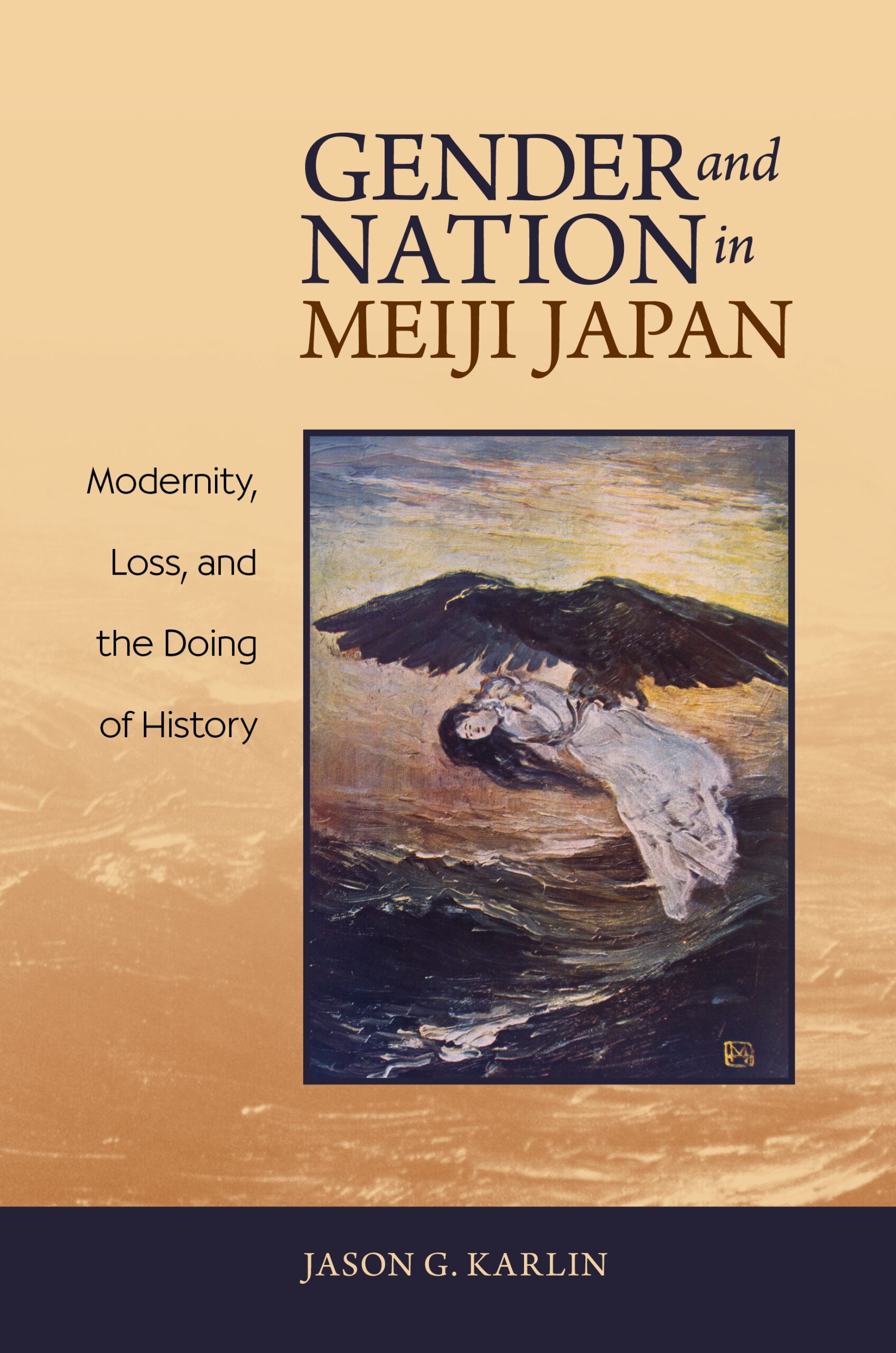Gender and Nation in Meiji Japan: Modernity, Loss, and the Doing of History
- About the Book
-
Gender and Nation in Meiji Japan is a historical analysis of the discourses of nostalgia in late nineteenth- and early twentieth-century Japan. Through an analysis of the experience of rapid social change in Japan’s modernization, it argues that fads (ryūkō) and the desires they express are central to understanding Japanese modernity, conceptions of gender, and discourses of nationalism. In doing so, the author uncovers the myth of eternal return that lurks below the surface of Japanese history as an expression of the desire to find meaning amid the chaos and alienation of modern times. The Meiji period (1868–1912) was one of rapid change that hastened the process of forgetting: The state’s aggressive program of modernization required the repression of history and memory. However, repression merely produced new forms of desire seeking a return to the past, with the result that competing or alternative conceptions of the nation haunted the history of modern Japan. Rooted in the belief that the nation was a natural and organic entity that predated the rational, modern state, such conceptions often were responses to modernity that envisioned the nation in opposition to the modern state. What these visions of the nation shared was the ironic desire to overcome the modern condition by seeking the timeless past. While the condition of their repression was often linked to the modernizing policies of the Meiji state, the means for imagining the nation in opposition to the state required the construction of new symbols that claimed the authority of history and appealed to a rearticulated tradition. Through the idiom of gender and nation, new reified representations of continuity, timelessness, and history were fashioned to compensate for the unmooring of inherited practices from the shared locales of everyday life.
This book examines the intellectual, social, and cultural factors that contributed to the rapid spread of Western tastes and styles, along with the backlash against Westernization that was expressed as a longing for the past. By focusing on the expressions of these desires in popular culture and media texts, it reveals how the conflation of mother, countryside, everyday life, and history structured representations to naturalize ideologies of gender and nationalism.
- About the Author(s)
-
Jason G. Karlin, Author
Jason G. Karlin is associate professor of media and gender studies in the Interfaculty Initiative in Information Studies at the University of Tokyo.
- Reviews and Endorsements
-
- This book is an insightful and meticulously researched study of how Japan's experience of rapid social change and exposure to Western modernity in the decades after the 1860s.
—Historian - At once theoretically sophisticated and eminently readable, Gender and Nation in Meiji Japan is one of the most important works to be published on the Meiji era in many years. Jason Karlin examines a diverse and compelling array of topics such as fashion, cartoons, young adult fiction, photography contests, and women's magazines in order to track the relationship between competing conceptions of masculinity and femininity and Japanese national identity. Karlin's adept analysis of both visual and textual sources reminds us again of the benefits of an interdisciplinary approach and the usefulness of cultural history for thinking about politics.
—Susan L. Burns, The University of Chicago - The dislocation of modernity, Jason Karlin argues in this richly referenced study, compelled an impossible longing for a non-existent past, a past haunted by the specter of the woman who is at once rooted in myth yet eternally transitory and thus always available for re-purposing. Karlin’s study complicates earlier explorations of the eternal female, the poison woman, and the fashionable school girl, reading them all through the prism of rapid social change. With cogent analyses of both textual and visual media, this dynamic work contributes to ongoing discussions of Japanese modernity, nation, gender, and mass culture. Highly recommended.
—Rebecca Copeland, Washington University, St. Louis
- This book is an insightful and meticulously researched study of how Japan's experience of rapid social change and exposure to Western modernity in the decades after the 1860s.
- Supporting Resources
-





